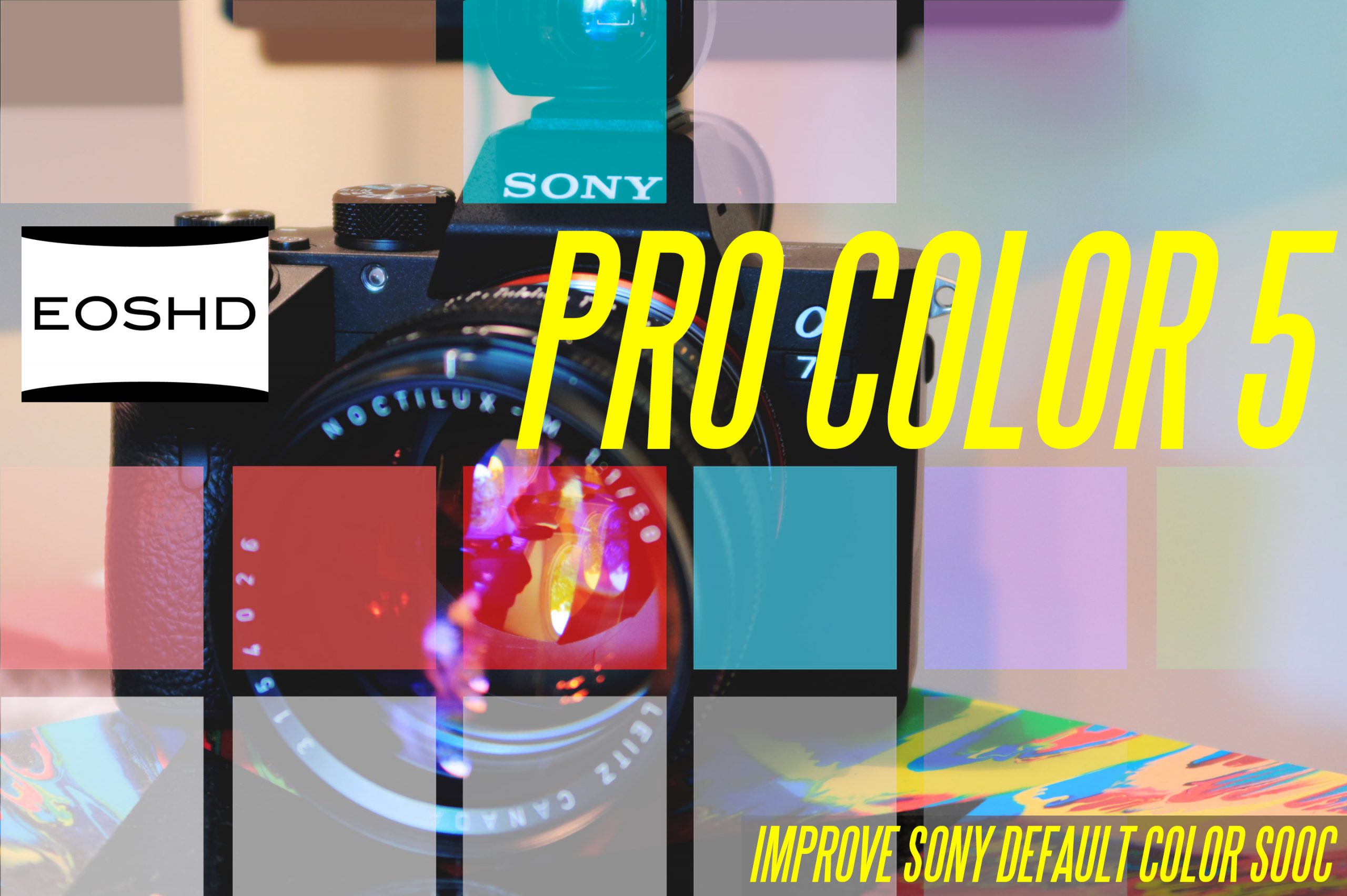“There’s no video village on our films” – Wally Pfister (Dark Knight Rises)
If you miss somebody, turn those feelings into a movie. This is what I was doing when I shot the above piece on the good old GH1 a while back. Why does that have to be complicated? For me filmmaking isn’t any more difficult than feeling. It is just another language.
Yes the art itself of filmmaking is bloody hard. The ideas, making good on a talent, finding the right people.
So why over complicate things with video villages and catering tents?
Lars Von Trier, Wally Pfister and David Lynch explain why the execution of filmmaking is getting easier…
But with some interesting disclaimers and counter points from Scorsese, Cameron and Lucas.
 Lars Von Trier
Lars Von Trier
(Director, Melancholia, Antichrist, Dogville)
The film industry has always been a place that takes itself extremely seriously in the sense that it should be difficult to make a film. That is kind of the biggest lie, that the film industry has collectively decided it is to be difficult. It is difficult if you decide to make it exactly like that, but who cares about what they did, lets lose the respect, and especially it has been difficult for film students to even get into. It is a bit like magic, or people who do little magic tricks – oh very important not to tell people how they did it. And that points towards [professional filmmaking]not being such a big thing really. It is just that in some dark moment they have decided in the whole film industry that it has to be difficult. I would still claim that it is not difficult. Forget about it… You don’t have to know [it all]… Just press a button.
Wally Pfister
(DP, Dark Knight Rises, Inception)
The complexities in Chris Nolan’s movies is in the story. What I do is not complicated. It is a lot of work and it requires being clever about what you do and how you do it, but it is not a complicated process, and Chris likes to keep it uncomplicated. Most of the time the camera is on my shoulder, and we use very low tech equipment. We didn’t even use steadicam on Inception. There’s no video village. Chris runs around with a tiny Panasonic monitor. It is kind of like the three of us on a documentary. If you are rotating a corridor 360 degrees or blowing shit up, it is a different story. But a lot of the spirit of what we do is about ‘how fast can we shoot this’.
Michael Ballhaus
(DP, Goodfellas, The Departed)
The director sits behind a monitor, which he didn’t have before, and often he sees the image and says “Let’s go, there’s nothing wrong with it, let’s go” but the DP doesn’t even have a chance to light it. So it is [sadly]not about the art of filmmaking any more. It is important to think about what sort of images you are interested in, what they should say to an audience. Images should impart some emotion to an audience, if you go so fast, a lot of things are lost in this process.
Martin Scorsese
(Director, Taxi Driver, Raging Bull, Goodfellas, Hugo)
Anything cheaper and faster makes sense for the businessman to finance but the danger is that ‘cheaper and faster’ is consumed, bang, it goes away. There’s no nourishment.
James Cameron
(Director, Titanic, Avatar)
24fps is still pictures being displayed, we know it is not real. They have done this experiment with babies, where they have put them in a brain scanner, they show them a social scenario. A stranger walks in and they are not interested. The mother walks in and the baby responds. Take the whole situation and put it on an HD screen, position it in the same distance so the figures are the same size and the baby will ignore the whole thing. It is not like the baby’s response is half of what it would have been, it is ZERO – because the baby know’s it’s seeing some 2 dimensional symbolic information. It knows it is not real. NOW when you watch a 3D movie, it triggers parts of your brain that are not normally activated. I believe it causes more neurones to fire.
Dick Pope
(DP for British filmmaker Mike Leigh)
If somebody was to ask me to shoot a 3D film, that’s one thing, but I can safely say as a viewer I am totally uninterested in it. I think it is a fad, I think it will burn out. All the stores, you walk into one or whatever, it is full of 3D TVs. That means in the evenings all these families are sitting around with glasses watching it. C’mon. It ain’t going to happen. It is cinema I am interested in. 3D ain’t for me.
Jost Vacano
(DP, original Total Recall and Robocop)
Why do people shoot with digital cameras? Many people who grew up with all these digital devices [manically mimics keyboard typing]– they think in this world. I don’t. They say this is wonderful, it is modern, it is high-tech. But with photochemical stuff – oh you have to put it into liquids – ‘it is old fashioned’.
David Lynch
(Director, Mulholland Drive, Lost Highway, Eraserhead, Twin Peaks)
Everybody has been in a theatre where they get the reels out of order, or some splice goes by and you go ‘what was that’, or one reel is hot and the next one is cold, and if you get into the story it is fine, but it is kind of a sadness, anything that can break the flow can break a person out, so you want to get into a smooth flow, with digital all the prints can look the same, and it is going to be more what you want. (Digital gives you consistency).
George Lucas
(Director of some low budget sci-fi movies)
We’ve gone from presentation in a theatre, in a venue where it is presented to you, and it is piped into your home at a particular time, that is a presentation way of looking at things. We’re not in that world any more. We’re in a on-demand world. How do you get the shelf space?
Check out all the ‘side swipes’ from Side By Side at the Tribeca Film Festival website


